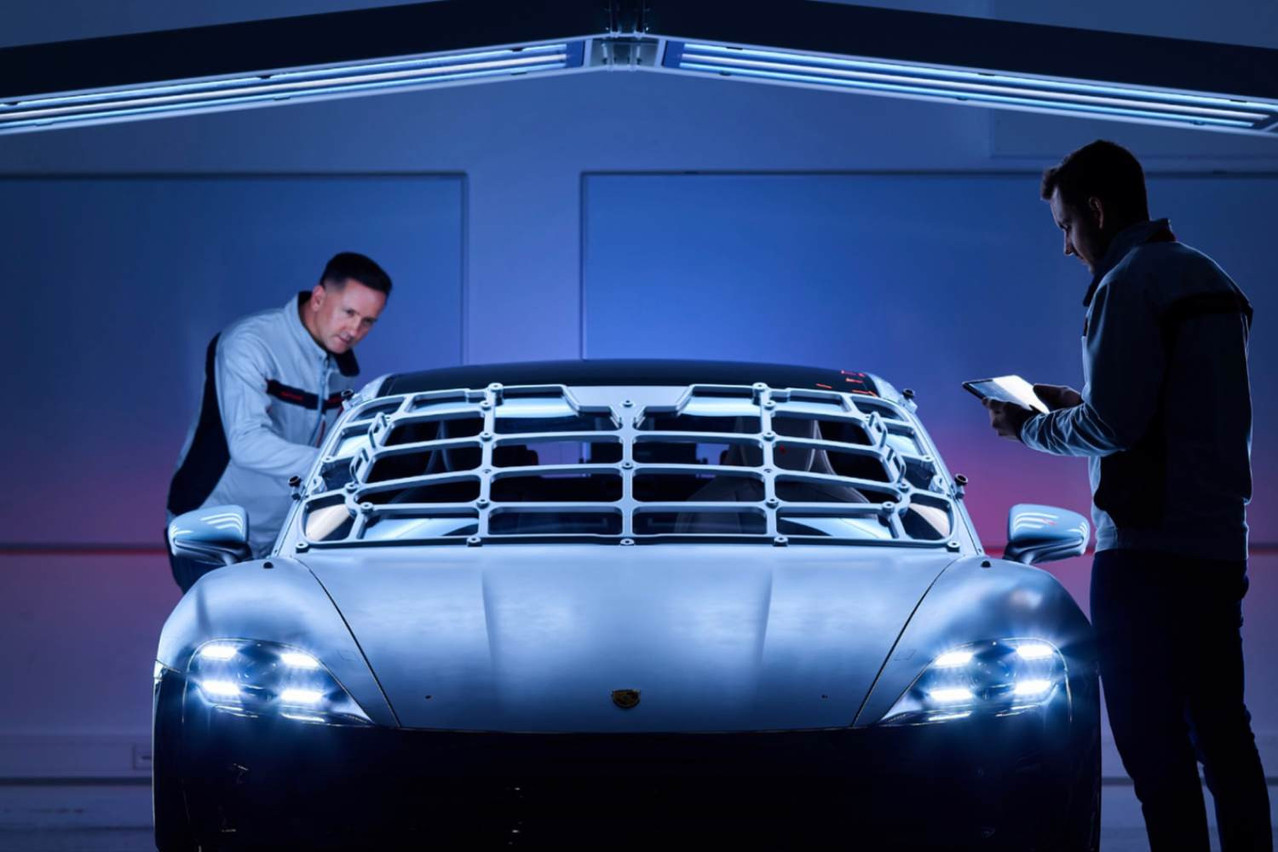The arrival of Porsche Investments in Luxembourg in April and August caused much less of a stir in the local media than the 138.1 decibels of the legendary 1974 911 Carrera RSR Turbo 2.1--the loudest car made by the brand. However, the German manufacturer has decided to let its investment horses run wild by replacing its historic structure in Germany--Porsche Ventures--with a structure in Luxembourg, Porsche Investments.
At the beginning of April, it announced the creation of a venture capital fund for which it appeared to have €250m available. A spokesperson for Porsche declined to comment on the amount or the timing of its deployment.
“Our activities are bearing fruit not only strategically, but also financially,” explained Lutz Meschke, vice chairman of the management board and member of Porsche AG’s finance and IT management board, when the decision was announced this spring. “They generate significant innovation and investment opportunities, and are already making an increasing contribution to the company’s value.”
“The location in Luxembourg, at the heart of Europe, underlines the international focus of our venture capital activities. Porsche Investments Management SA will benefit from greater agility in its decision-making to ensure that we are structured even more efficiently and can react quickly to investment opportunities,” he said of the Luxembourg nerve centre, which joins the four offices already open in Palo Alto, Berlin, Tel Aviv and Shanghai.
The workforce in the office located on rue des Bains, which could grow to ten by the end of the year, will also manage strategic investments for entities such as the recently founded Porsche e-Bike Performance GmbH.
35 investments, exits, a spinoff
The manufacturer’s venture capital strategy dates back to 2016. It comes from a need to boost its business and--in the face of a rapidly changing world--to be able to look at what startups are doing in certain parts of the automotive business or in new, unexpected developments.
“To continue to build on the success we have enjoyed in recent years, we need to fundamentally change our business model. Porsche has always been among the pioneers of the automotive industry. Until now, innovation has been driven largely by technology and by close links to our existing core competencies. In some cases, the changes that are now necessary are linked to subjects beyond our core areas of expertise. With this in mind, it is essential that we build a solid ecosystem with competent partners,” Meschke said at the time.
Today, , Porsche Ventures holds stakes in 35 companies, consolidated at Porsche Group level and leaving aside its participation in other investment funds (such as the Grove funds). These include technologies directly linked to cars themselves, technologies related to cybersecurity for connected cars, driving aids, mobility--including electric bikes--and entertainment.
One of the most spectacular moves was the 2021 investment in the Chinese virtual influencer iMaker. The investment, which saw Porsche Ventures acquire 3.3% of iMaker’s capital, killed two birds with one stone.
“From a brand and marketing perspective, there is huge potential for Porsche, as virtual influencers play an increasingly important role in the Chinese ecosystem in terms of customer touchpoints,” said Porsche Ventures China’s head of partnerships and enterprise, Ostin Gong. “The average age of Porsche customers in China is 35. It is therefore essential for us to understand the values, hobbies, habits and consumption behaviour of the young Chinese population. IMaker is reaching a sweet spot in terms of interacting with generation Z through the introduction of its avatars.”
“We are convinced that in the near future, the car will become a very important ‘third space’--alongside the home and the office--where much of our digital life will take place. Interactive and more personalised virtual assistants are being conceptualised for this ‘third space,’” explained Gong. “These assistants could help users navigate, find restaurants or listen to music and other entertainment, for example.”
Another spectacular example is Porsche’s investment in , a spinoff from Porsche itself in 2019. The &Charge app has become the first loyalty tool for e-mobility. In the application, a customer can buy things--groceries from Lidl, M&Ms, meals from HelloFresh or items from Decathlon, Lego or eBay, for instance--which offers them e-mobility “kilometres.” It’s a success story in which Porsche still holds a 21.65% stake.
The group’s biggest holding to date is in the electric bicycle manufacturer Greyp. Porsche acquired a majority stake in Greyp in 2018 (68.17%) as part of its strategy for electric bikes and soft mobility. Most holdings are less than 10%. Porsche has already exited six startups (Drivably, Evopark, Fleetonomy, home-iX, RepairSmith and Vaha).
This article was first published in French on . It has been translated and edited for Delano.
Updated Wednesday 30 August at 8:40am with response from Porsche
